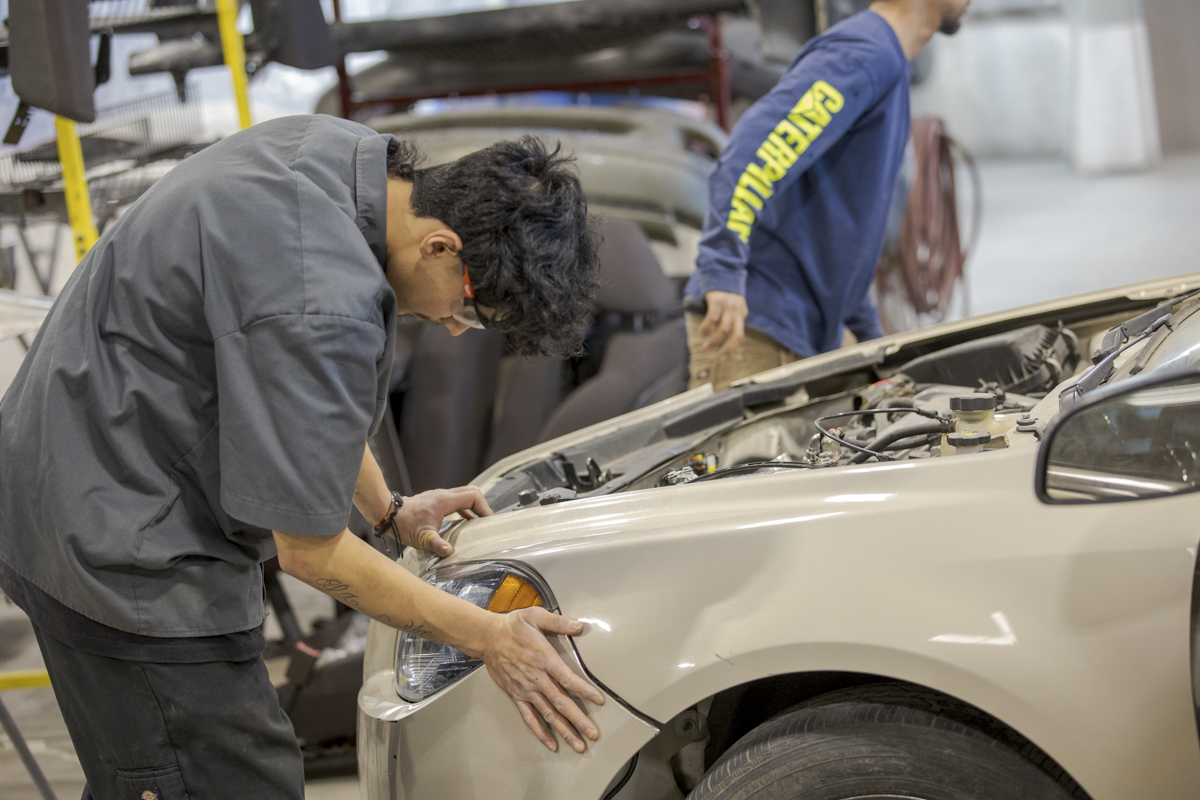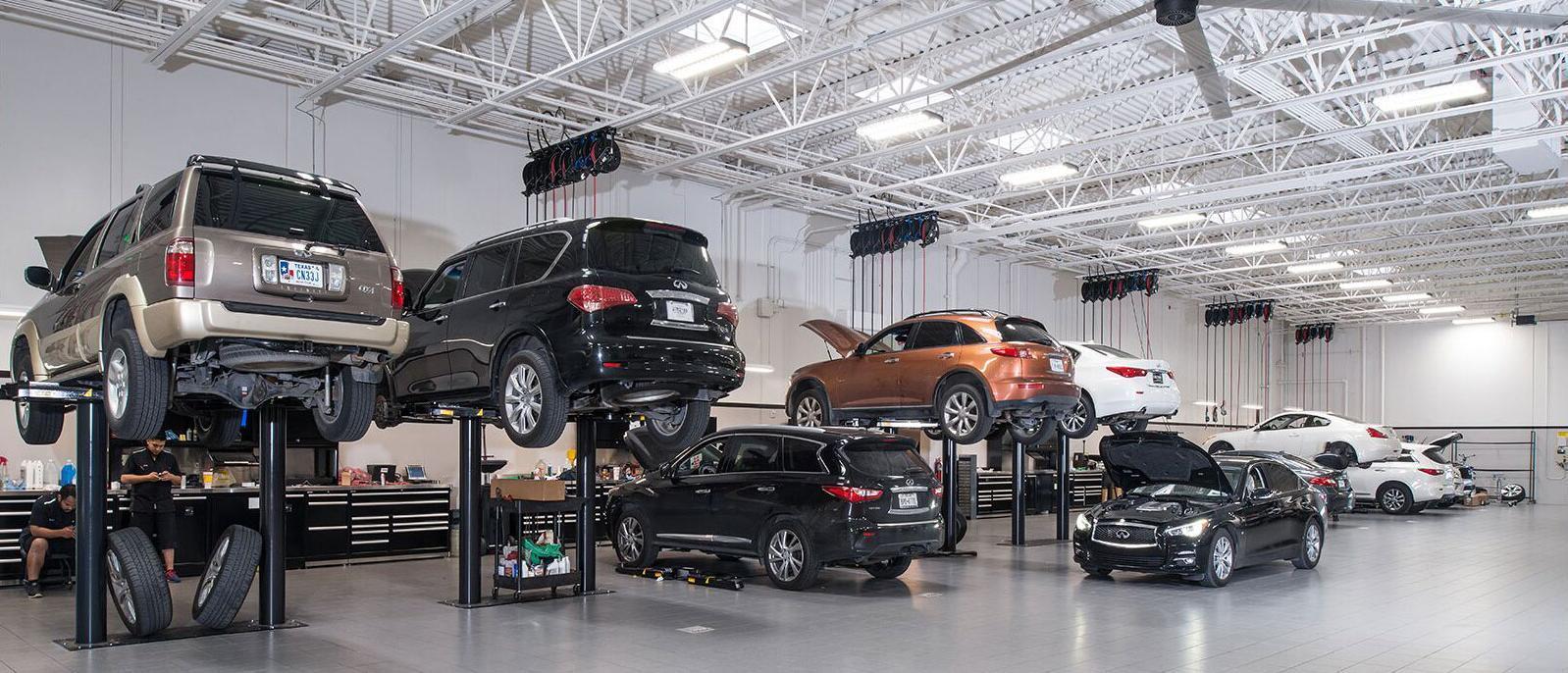All Categories
Featured
When your car requires fixings, one of one of the most vital points to think about is the warranty that comes with those solutions. A solid automobile repair work warranty can provide comfort, knowing that if something fails after the fixing, you're covered. However, understanding what's usually covered under vehicle repair guarantees is important for guaranteeing you're properly secured. Below's a failure of what these guarantees usually cover.
OEM (Initial Devices Producer) Parts: Several repair work stores utilize OEM components, which are made by the producer of your automobile. These components normally include a much longer warranty than aftermarket parts. It's vital to validate that the warranty covers the certain part that was changed and the duration of insurance coverage.
![]()
Aftermarket Components: While aftermarket components might be more inexpensive, the warranty terms can vary. Some service center may provide a warranty on aftermarket components, yet it might be limited to a shorter period or need added paperwork from the part's supplier.
Minimal Time or Mileage: Labor coverage is normally used for a specific period, such as 1 month, 90 days, or even a year, depending on the store and kind of repair service. Some warranties might prolong labor protection based on gas mileage, such as as much as 12,000 miles or 18 months.
Conditions for Labor Protection: Keep in mind that service warranties normally cover labor prices just if the failure is because of a problem with the craftsmanship or components, not if the problem is triggered by outside factors, like accidents or overlook.
Usual Failures: Craftsmanship guarantees typically cover concerns like improper setup, missed steps in the repair service process, or the failure of elements that were not correctly changed.
Period of Warranty: The size of the craftsmanship assurance can differ yet is normally consisted of for a set period, such as 12 months or as much as 12,000 miles.
![]()
Tear and put on: Standard service warranties normally don't cover wear-and-tear products, such as brake belts, tires, or pads, which normally break down with time with usage.
Accident Damages: If the lorry's concern is created by a crash or outside factor, such as vandalism, the guarantee most likely will not cover the fixing.
Neglect or Abuse: Lots of guarantees exclude insurance coverage for damages triggered by overlook, bad maintenance, or misuse of the lorry. For instance, skipping routine oil modifications or disregarding a check engine light can invalidate the service warranty.
Final thought. An auto fixing service warranty offers important protection for both components and labor, offering you peace of mind that any concerns emerging from the repair will certainly be taken care of. Insurance coverage usually consists of components, labor, and craftsmanship, yet there are restrictions such as exemptions for wear and harm or tear triggered by outside elements. Always check the details of the warranty with the service center, consisting of the period, what's covered, and any exemptions. By doing this, you can make an informed decision and avoid unexpected costs down the roadway.
- Components Protection. The majority of vehicle repair guarantees mainly cover the components that are changed or fixed. This means if the part that was set up stops working within the service warranty period, the repair work store will typically replace or repair it at no added fee.
OEM (Initial Devices Producer) Parts: Several repair work stores utilize OEM components, which are made by the producer of your automobile. These components normally include a much longer warranty than aftermarket parts. It's vital to validate that the warranty covers the certain part that was changed and the duration of insurance coverage.

Aftermarket Components: While aftermarket components might be more inexpensive, the warranty terms can vary. Some service center may provide a warranty on aftermarket components, yet it might be limited to a shorter period or need added paperwork from the part's supplier.
- Labor Coverage. Along with components, car repair service warranties often cover the labor associated with the repair. If the job done on your lorry is malfunctioning or does not address the trouble, the service warranty might cover the expense of labor to take care of the issue.
Minimal Time or Mileage: Labor coverage is normally used for a specific period, such as 1 month, 90 days, or even a year, depending on the store and kind of repair service. Some warranties might prolong labor protection based on gas mileage, such as as much as 12,000 miles or 18 months.
Conditions for Labor Protection: Keep in mind that service warranties normally cover labor prices just if the failure is because of a problem with the craftsmanship or components, not if the problem is triggered by outside factors, like accidents or overlook.
- Workmanship Guarantee. A workmanship assurance makes certain that the fixings were finished properly. The guarantee might cover the price of fixing it if the fixing stops working due to bad workmanship. This is specifically vital for complicated repairs, like engine work or transmission replacements, where the top quality of the labor is critical to the automobile's performance.
Usual Failures: Craftsmanship guarantees typically cover concerns like improper setup, missed steps in the repair service process, or the failure of elements that were not correctly changed.
Period of Warranty: The size of the craftsmanship assurance can differ yet is normally consisted of for a set period, such as 12 months or as much as 12,000 miles.

- Exemptions and Limitations. While warranties provide substantial security, there are typically restrictions or exemptions to be familiar with.
Tear and put on: Standard service warranties normally don't cover wear-and-tear products, such as brake belts, tires, or pads, which normally break down with time with usage.
Accident Damages: If the lorry's concern is created by a crash or outside factor, such as vandalism, the guarantee most likely will not cover the fixing.
Neglect or Abuse: Lots of guarantees exclude insurance coverage for damages triggered by overlook, bad maintenance, or misuse of the lorry. For instance, skipping routine oil modifications or disregarding a check engine light can invalidate the service warranty.
- Transferability. Some car repair service guarantees are transferable, indicating if you offer your lorry, the new proprietor may still be covered under the service warranty. This can raise the resale worth of the car. It's crucial to confirm with the repair shop whether the guarantee can be transferred and if any type of specific actions need to be required to do so.
- Roadside Aid and Various Other Benefits. Some car repair service shops and dealerships provide extended benefits with their guarantees, such as cost-free towing, roadside help, or rental vehicle coverage while the car is being fixed. These extras are not always included, so make certain to ask about them when going over warranty alternatives.
Final thought. An auto fixing service warranty offers important protection for both components and labor, offering you peace of mind that any concerns emerging from the repair will certainly be taken care of. Insurance coverage usually consists of components, labor, and craftsmanship, yet there are restrictions such as exemptions for wear and harm or tear triggered by outside elements. Always check the details of the warranty with the service center, consisting of the period, what's covered, and any exemptions. By doing this, you can make an informed decision and avoid unexpected costs down the roadway.
Latest Posts
Unlock WyHy Federal Credit Union – Key Advantages for Your Money Goals
Published May 24, 25
1 min read
Explore WyHy FCU – Top Benefits for Your Success
Published May 22, 25
1 min read
Shield and Improve Your Home with Weathercraft's Exterior siding Solutions
Published May 21, 25
1 min read